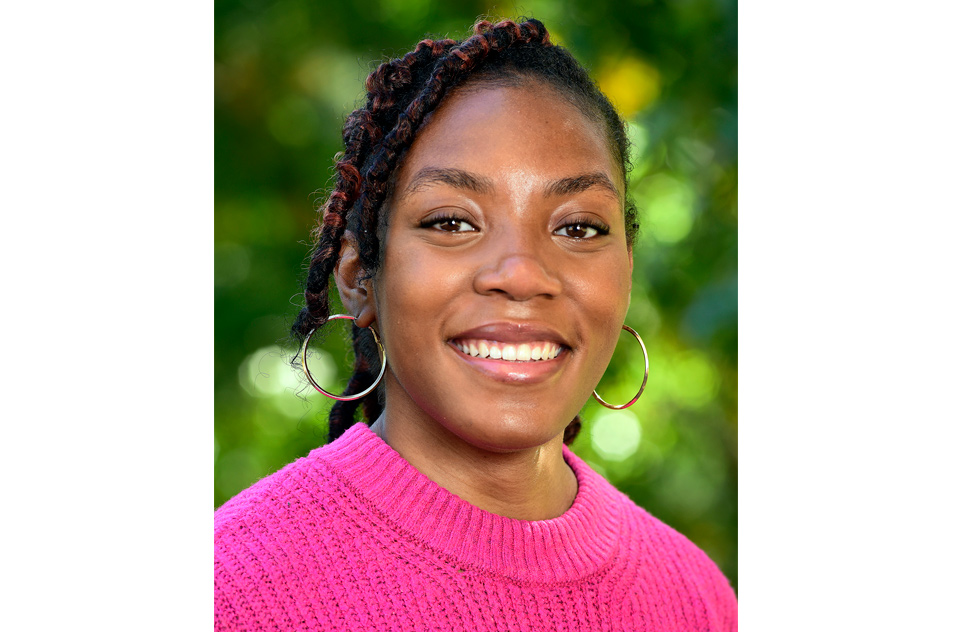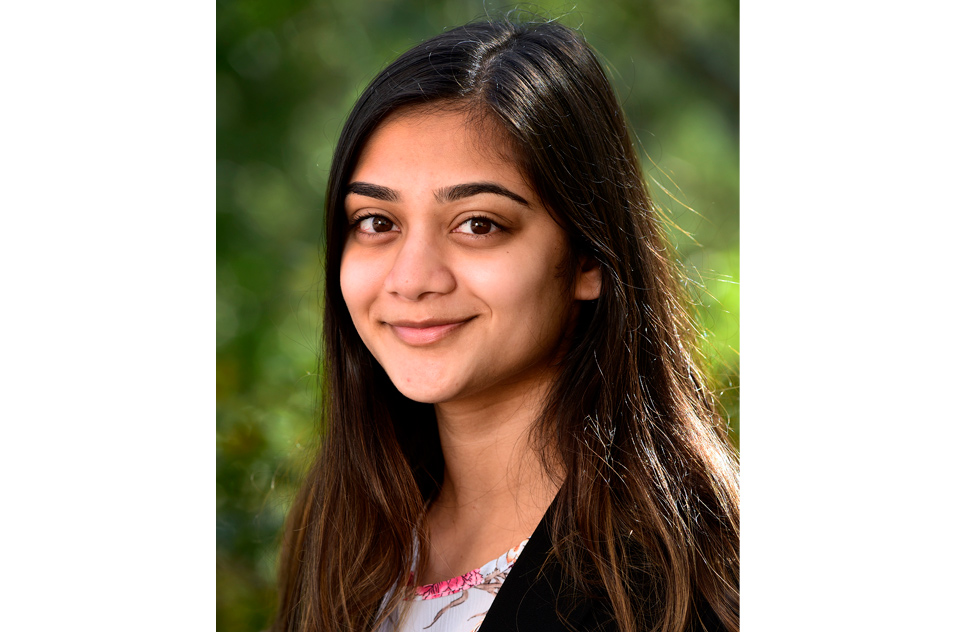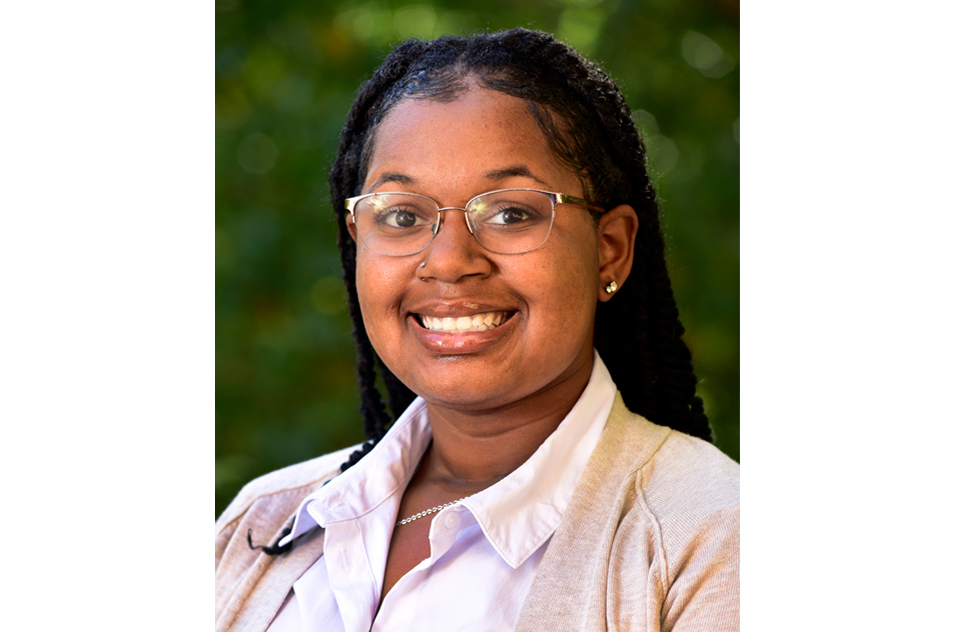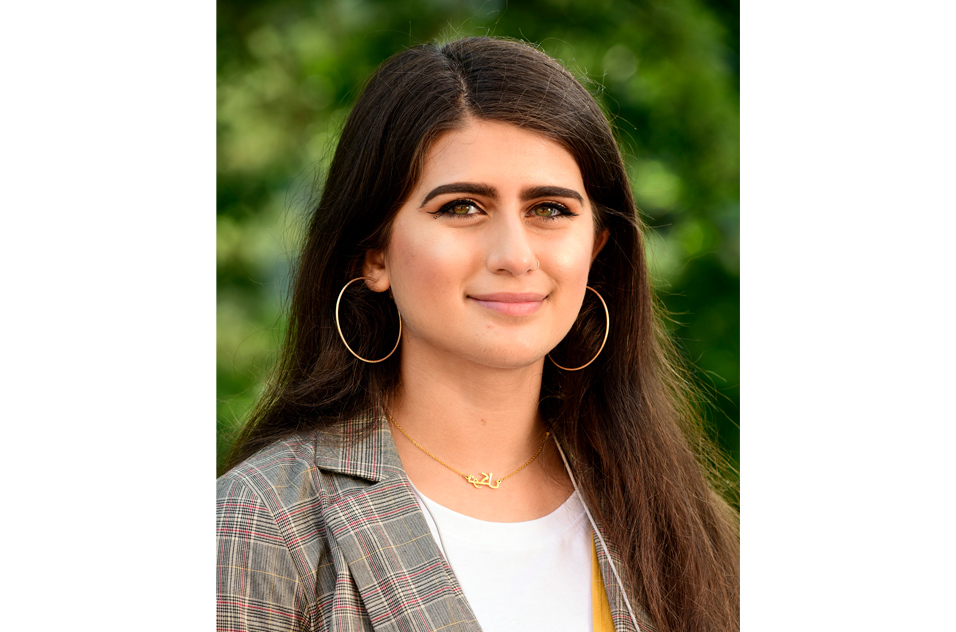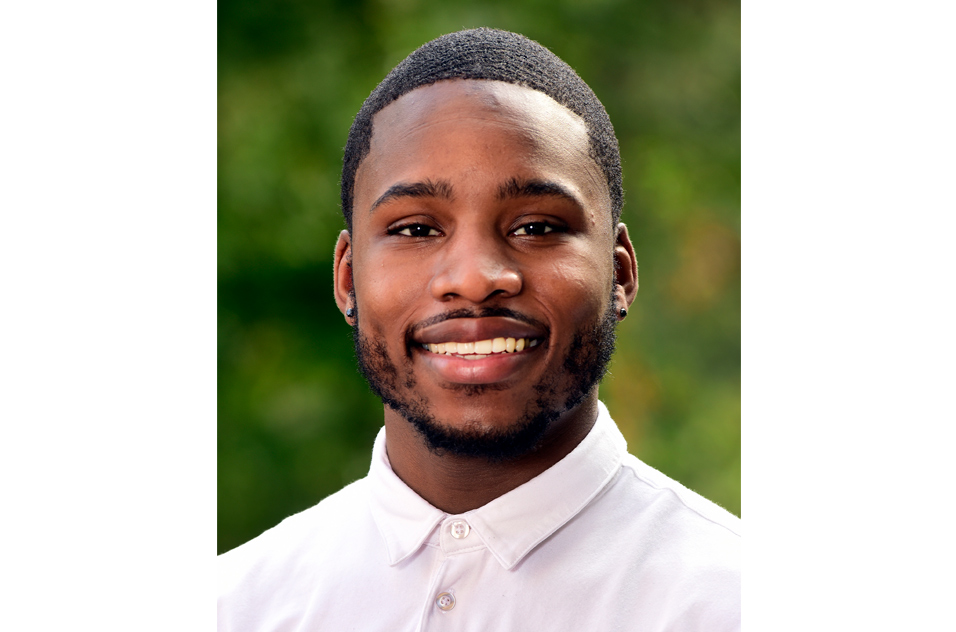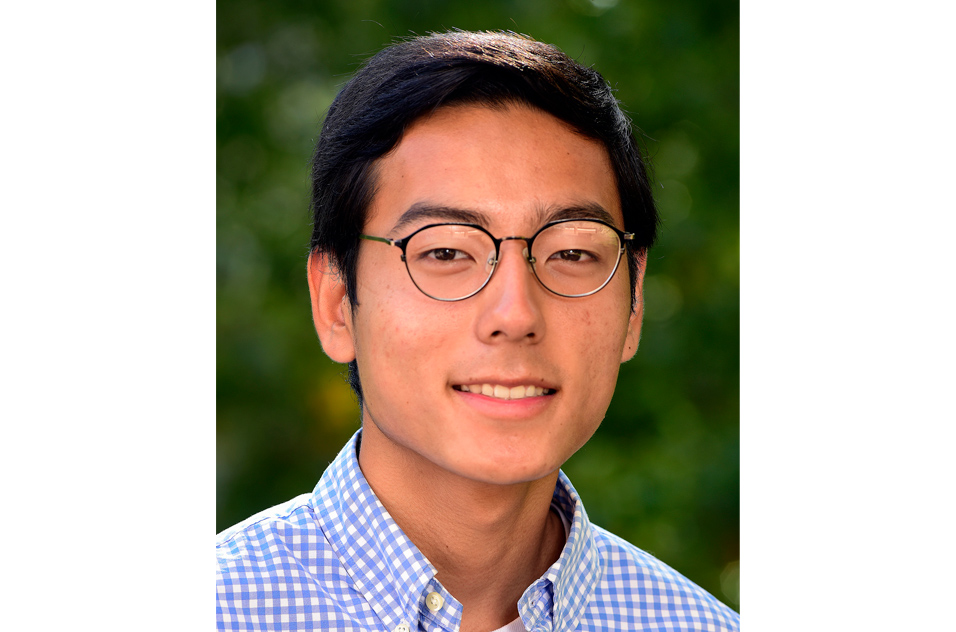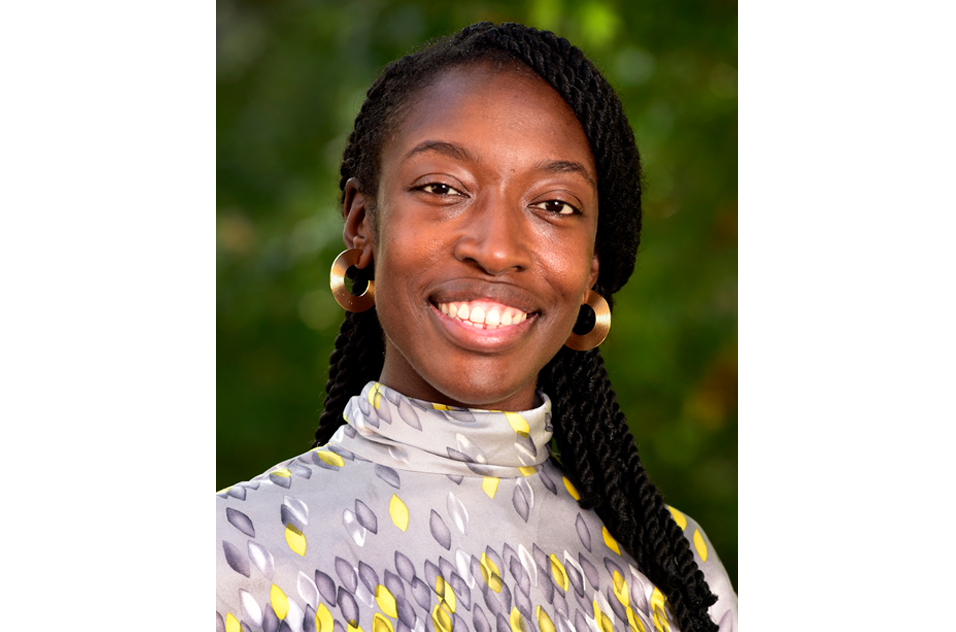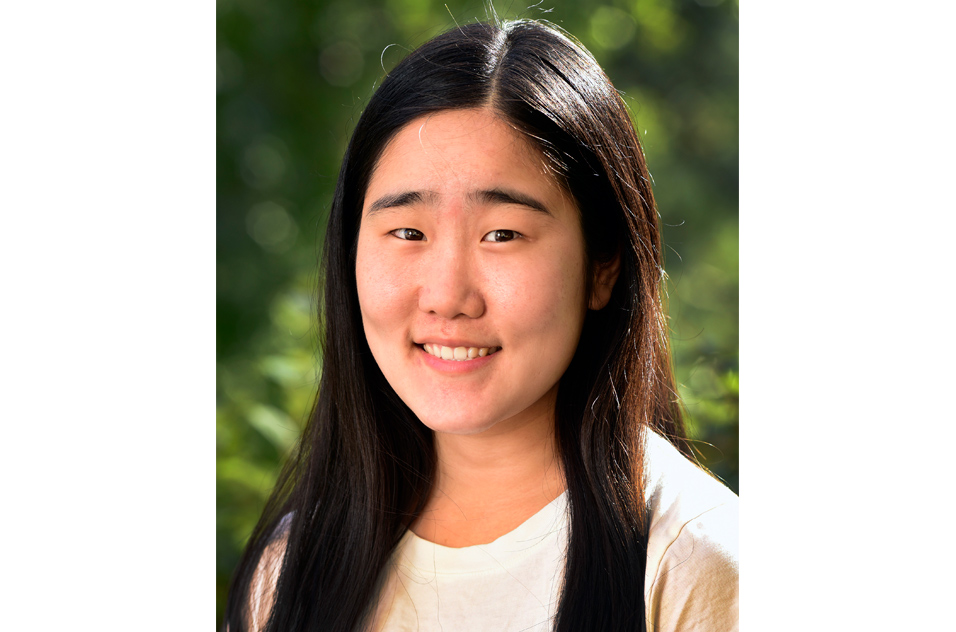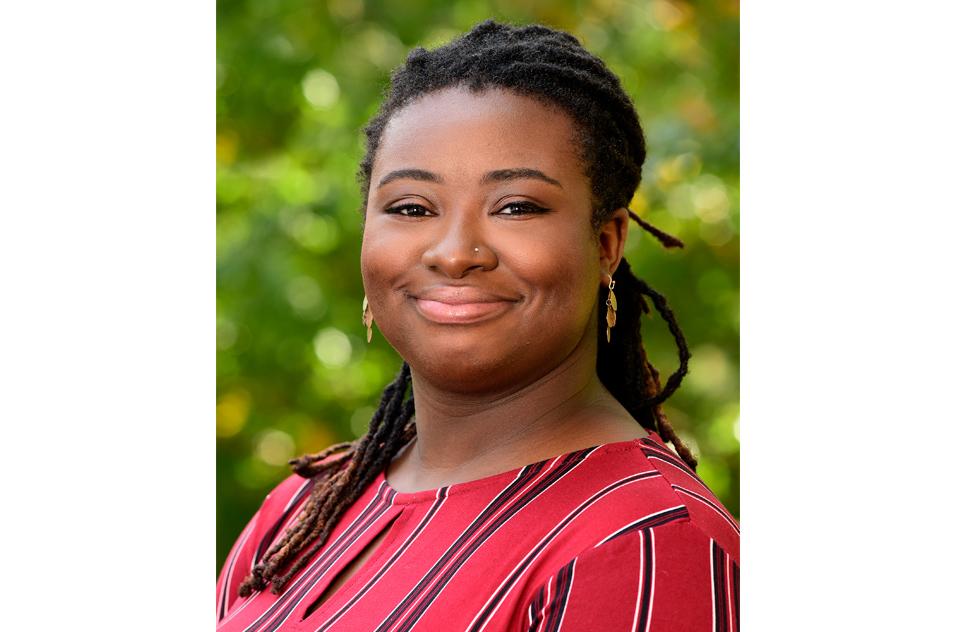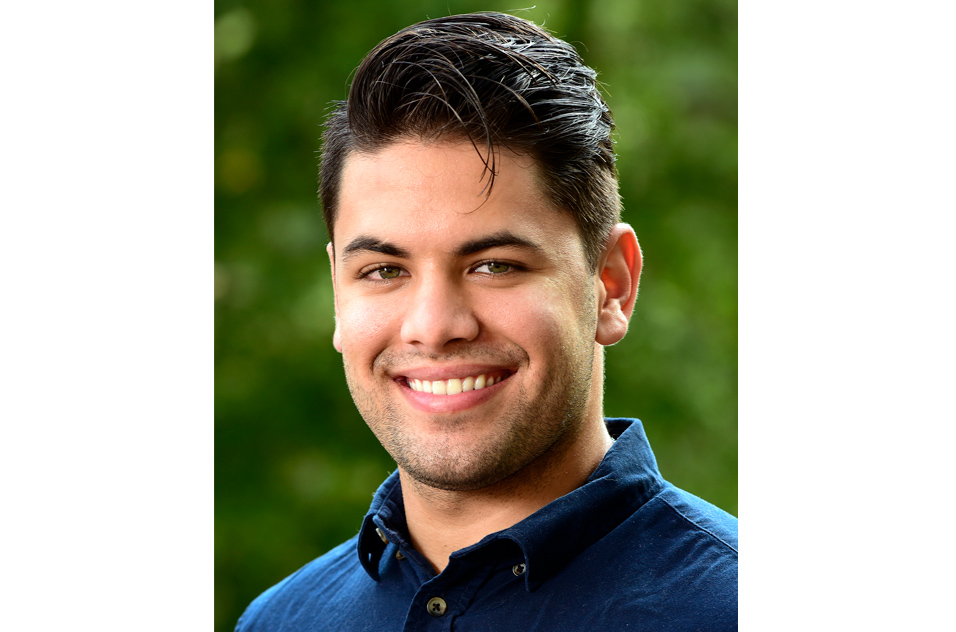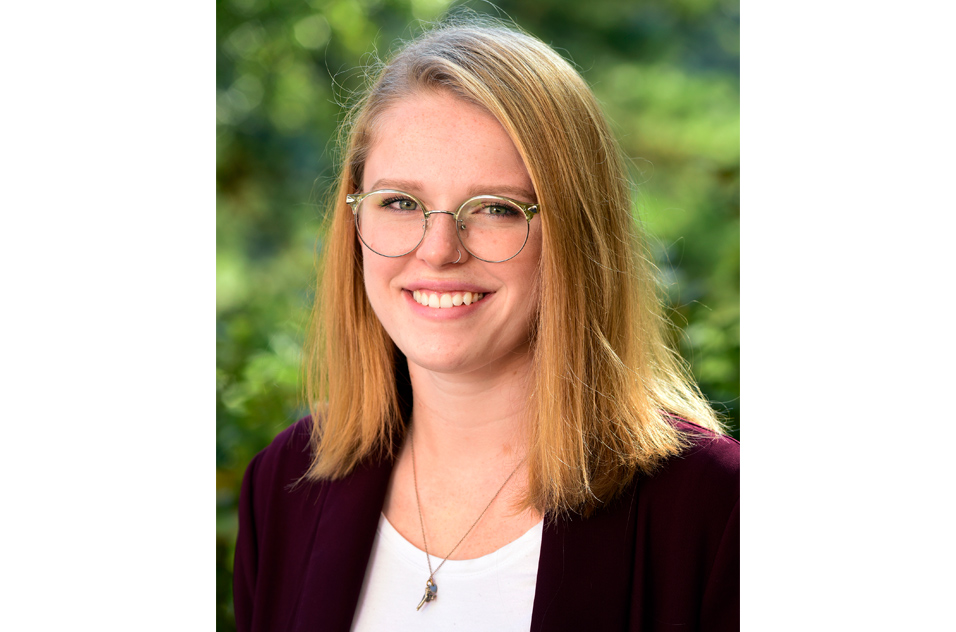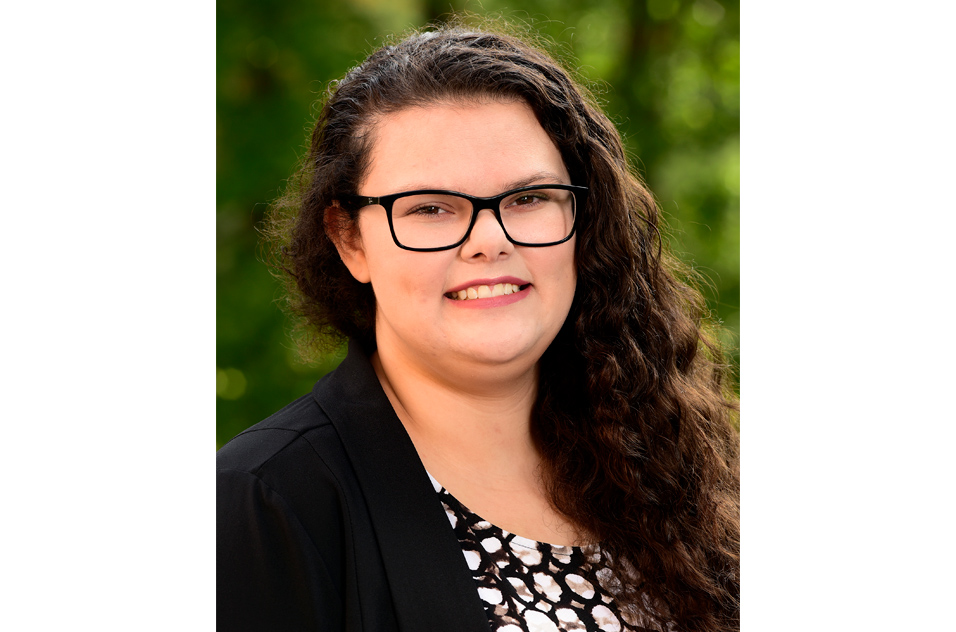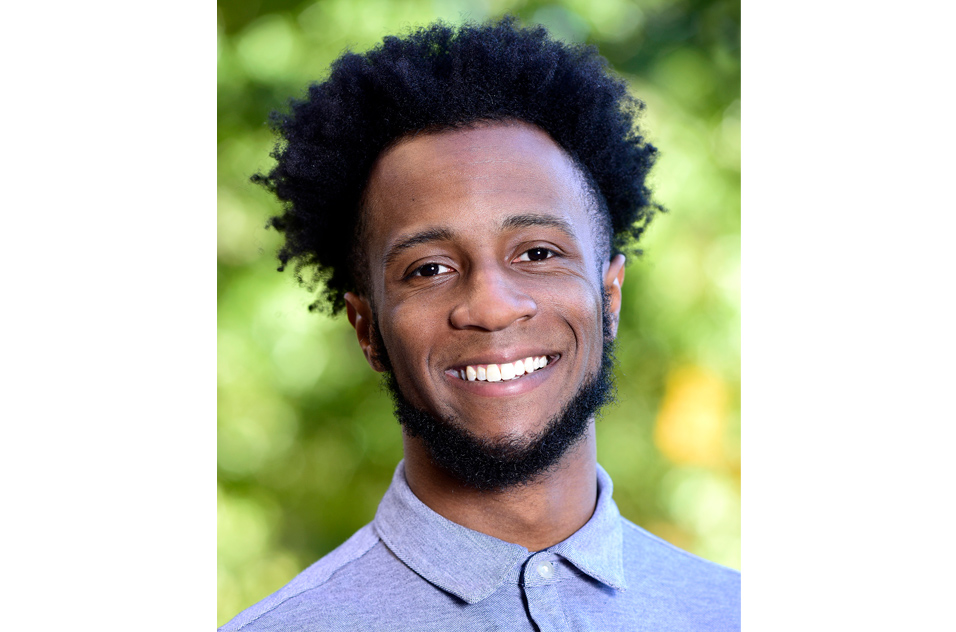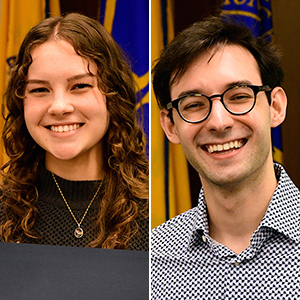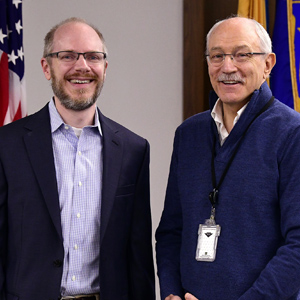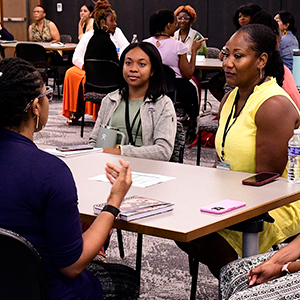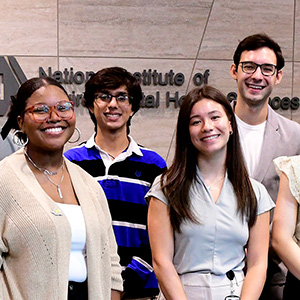NIEHS is unusual among National Institutes of Health (NIH) institutes and centers in having an Office of Science Education and Diversity (OSED). According to OSED Director Ericka Reid, Ph.D., her office supports a diverse environmental health workforce as called for in the NIEHS Strategic Plan 2018-2023. Activities include outreach, information sharing, and providing access to opportunities.
As part of our series on NIEHS efforts toward racial equity, this month we take a close look at how OSED helps the institute achieve its strategic goal by connecting with elementary students up to postgraduate trainees.
 The NIH Scientific Workforce Diversity Strategic Plan recognizes that diversity increases creativity and performance, supports innovation, is essential for reducing health disparities, and achieves more equitable use of public funds. (Image courtesy of NIEHS)
The NIH Scientific Workforce Diversity Strategic Plan recognizes that diversity increases creativity and performance, supports innovation, is essential for reducing health disparities, and achieves more equitable use of public funds. (Image courtesy of NIEHS)Undergraduate scholars
To increase participation by individuals from groups underrepresented in the scientific workforce, NIEHS hosts local students each year in the NIEHS Scholars Connect Program (NSCP).
College juniors and seniors, selected through a competitive process, conduct paid research at the institute and get an inside look at scientific careers. Recruiting focuses on historically black colleges and universities (HBCUs), as well as underrepresented groups at nearby universities, Reid explained.
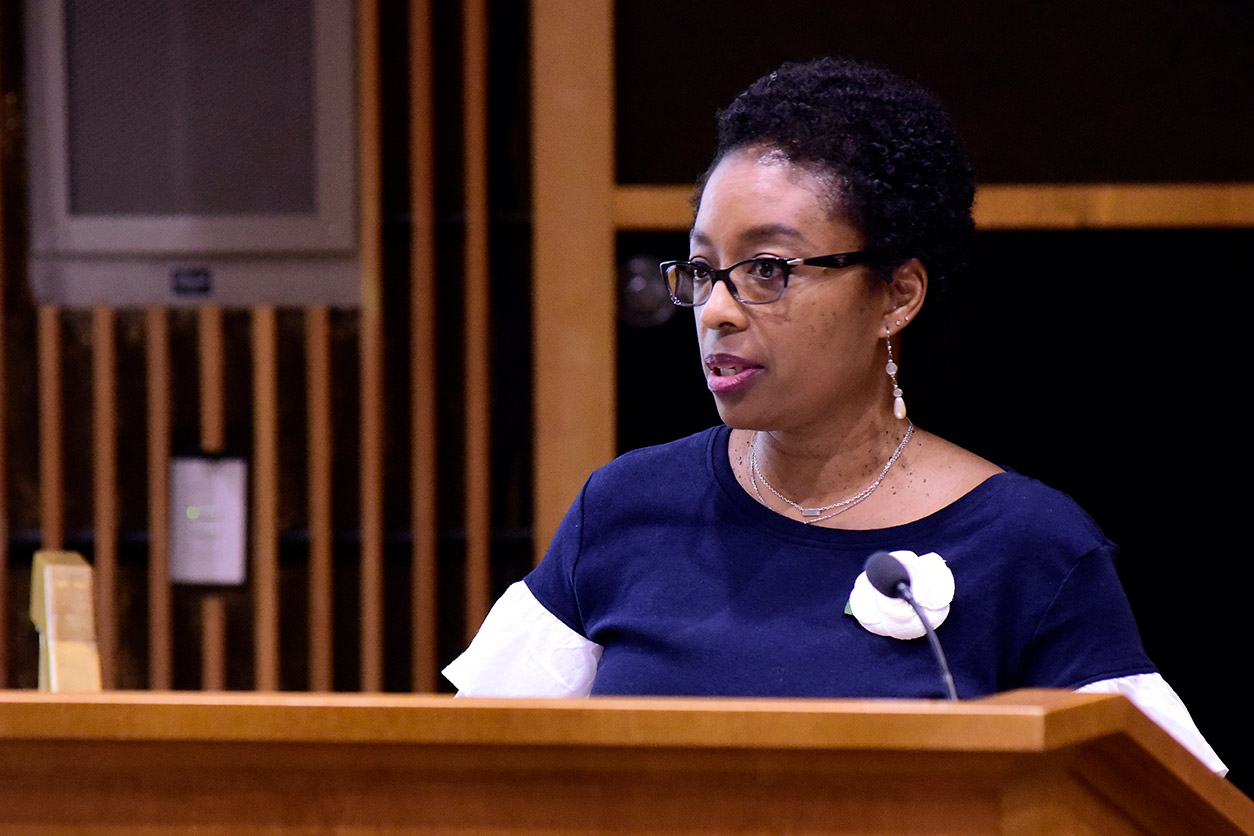 Reid described teachers participating in summer STaRS workshops, led by Lee, as getting re-lit. “They say they forgot how much they love science.” (Photo courtesy of Steve McCaw)
Reid described teachers participating in summer STaRS workshops, led by Lee, as getting re-lit. “They say they forgot how much they love science.” (Photo courtesy of Steve McCaw)Normally, students — who work with a mentor and lead researcher — arrive in the summer for full-time laboratory research. During the academic year, they work part-time, culminating in presentations to the entire institute.
Lab work is complemented by a series of seminars on leadership, emerging research areas, peer mentoring, articulating accomplishments, and applying to graduate and medical schools.
As with so much in 2020, this year’s program was different.
Uncharted territory
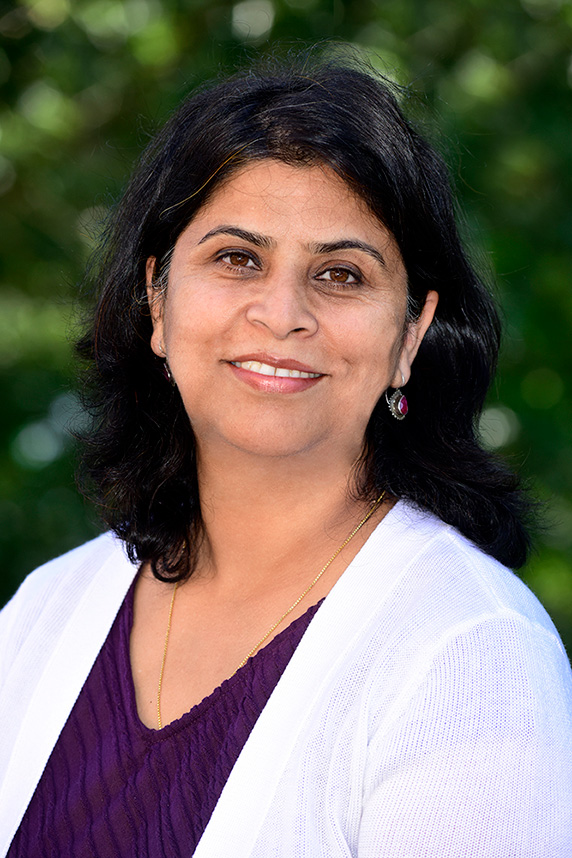 “We are grateful to NIEHS leadership, mentors, lab skills teaching partners, seminar speakers, administrative staff, security, technology and web teams, and communications,' said Bhattacharjee. 'It took everyone working together to hold this Fall Connection.” (Photo courtesy of Steve McCaw)
“We are grateful to NIEHS leadership, mentors, lab skills teaching partners, seminar speakers, administrative staff, security, technology and web teams, and communications,' said Bhattacharjee. 'It took everyone working together to hold this Fall Connection.” (Photo courtesy of Steve McCaw)NSCP Coordinator and OSED Undergraduate Research Training Program Manager Suchandra Bhattacharjee, Ph.D., said that this year’s program cycle began in fall, after a summer spent reworking the plan.
“Launching NSCP in a virtual format meant treading in uncharted territory,” she said. “But we’ve had incredible support from leadership and mentors, and the scholars were enthusiastic, saying they would do it all over again!” See the current scholars in the slideshow below.
The fall connection wrapped up with a three-minute talk competition on Nov. 20 (see second sidebar).
HBCU-Connect
HBCU-Connect is a new OSED program targeting freshmen and sophomores at local HBCUs to build their awareness of NIEHS and environmental health careers. “We can expand the pipeline by feeding into it sooner,” Reid explained.
Students will be encouraged to learn more about NIEHS through information sessions, shadow researchers during spring break, and apply to the Summer Internship Program. “That way, they would already know about NSCP and be prepping for it,” she continued.
Nearby North Carolina Central University (NCCU) is slated to be the first connection, launching in spring of 2021. “We would have launched this fall, with tours by freshman and sophomore students and faculty, and meetings with current scholars and postbacs,” Reid said, referring to postbaccalaureate fellows.
Conference outreach
Reid has long conducted outreach by attending meetings of the Society for Advancement of Chicanos/Hispanics and Native Americans in Science; the Annual Biomedical Research Conference for Minority Students; Society of Toxicology (SOT) conferences; and other events.
The first two groups register several thousand participants for their annual meetings, more than 900 of whom are students, according to Reid. She promotes environmental health, internships, fellowships, and other opportunities at the institute.
In 2019, partnership with the SOT Committee on Diversity Initiatives led to the first NIEHS/SOT Undergraduate Scholar, chosen from among the NSCP participants. Mentored by an NIEHS scientist who is also an SOT member, the scholar presents a poster at the annual conference. This year’s NIEHS/SOT Scholar, Jadesola Oladosu, hails from NCCU. She is mentored by Sue Fenton, Ph.D., whom NIH named an outstanding mentor earlier this year.
Reaching outward and inward
- School partnerships include visits to classrooms by NIEHS Speakers Bureau volunteers, teacher workshops, and multiyear partnerships with specific schools, especially those with underserved populations. Huei-Chen Lee, Ph.D., coordinates K-12 science education.
- The Diversity Speaker Series hosts talks by scientists and other professionals from underrepresented groups emphasized by the NIH Office of Equity, Diversity, and Inclusion — women; sex and gender minorities; people with disabilities; and African Americans, Hispanics, Native Americans, and Asian and Pacific Islanders.
- Internal efforts include NIEHS intranet pages on equity, diversity and inclusion, as well as a blog on related topics.





